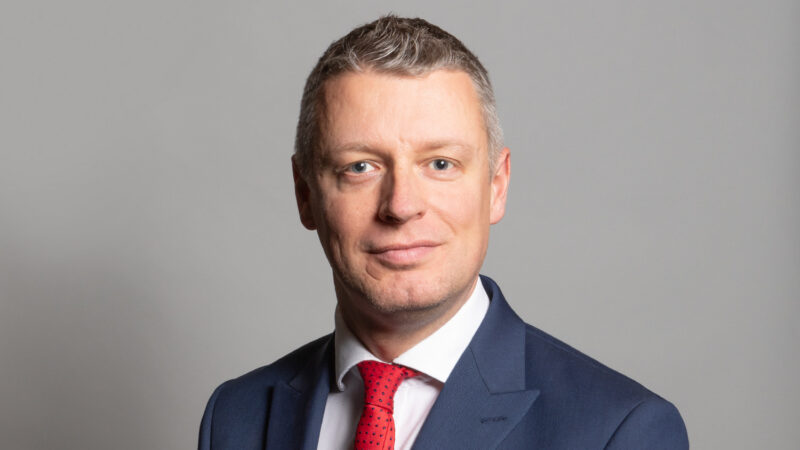
Extreme weather happening more often is an urgent sign that all is not well with our planet. We are in the middle of a climate and ecological emergency, which means we need our government here in the UK, and governments around the world, to do more to cut carbon and protect nature.
The flash flooding we have seen in London and the South East comes just days after deadly floods in China, Belgium, Germany and the Netherlands, where whole communities were washed away under torrents of rainfall. More severe weather is predicted to happen more often as the climate crisis bites. Some communities affected by flooding will see more rainfall, more often, and indeed some communities where flood risk has historically been very low will also see homes and businesses flooded.
Resilience and adaptation need to be baked into all of our communities. Using nature-based solutions to slow the flow of water upstream gives rivers and drainage systems time and space to deal with the larger volumes of rain we are in for. But that also requires a greater focus on less appealing parts of the climate crisis resilience: drains and drainage. Sustainable Urban Drainage schemes, or ‘Suds’, are a good, nerdy passion of planners that need to be adopted more systematically to separate and send for treatment sewerage waste while allowing surface rainwater to run off out to sea faster.
We know that many of our nation’s rivers are unsafe to swim in due to sewerage discharges and we know extreme weather can overwhelm sewerage systems making discharges of raw sewerage more likely. We need a water system that puts the climate crisis as its top priority, instead of putting returns to shareholders first.
And we all need to think differently. When I helped argue the case for Labour to declare a climate and ecological emergency back in 2019, I knew I had to rethink my views and actions. We must all do so. The declaration of the climate emergency means something to me. It means resetting assumptions and views. It means thinking afresh about our planet, our nature and how we live. It means arguing for faster decarbonisation, green jobs, more access to and better protection of nature. It does not mean that we have to throw away everything we had before, but it does mean we have to have a plan, a fast plan, to decarbonise how we live.
The declaration of the climate emergency by parliament was a profound moment. Some described it as a wake-up call. But how many wake-up calls have we had in recent years? Flash flooding, severe weather, heat bombs, wildfires, droughts and the accelerating extinction of valuable species are still not waking many governments from their slumber. The Tories sometimes talk a good talk on climate, but they’re failing to meet their targets to cut carbon, leaving us exposed to potentially devastating risks. If greenwash alone would tackle the climate crisis, we would no longer be facing disaster on a planetary scale, but of course it can’t.
That is why Labour will continue to push for a transformative green new deal to tackle the climate emergency. Keir, Angela and the shadow cabinet are committed to creating green jobs, decarbonising faster and protecting nature. The Welsh Labour government is showing how action on the climate crisis can be fair with a focus on future generations. And, in local and regional government, our Labour mayors and councils are leading the way.
But it is not enough. We all need to do more. There is not a single government on the planet yet doing enough. These floods will not only show we need to decarbonise more, but also that we need to put more effort into resilience. Resilience needs to be a Labour issue because, just like dirty air, we know that poorer communities are hardest-hit. More affluent communities can afford to move their homes to lower-risk areas and invest in faster decarbonisation, but we must protect all our communities.
Wake-up calls come and go. Oh dear, what a shame, never mind. The planet is telling us that the climate crisis is speeding up. How we respond as a party and as a nation will determine whether we pass on a planet worth living on to our children and grandchildren. It will take time for homes, businesses and transport to recover from these floods. Indeed, flooded communities can take months and years to return to normal and get the insurance payments they deserve. We need shorter timeframes if we are to tackle the climate emergency properly. That means more action, bolder decarbonisation and sustained efforts to see a nature recovery. Let’s get to it, before the next wake-up call.




More from LabourList
‘Security in the 21st century means more than just defence’
‘Better the devil you know’: what Gorton and Denton voters say about by-election
‘Unity or division’: Starmer’s message to voters in Gorton and Denton